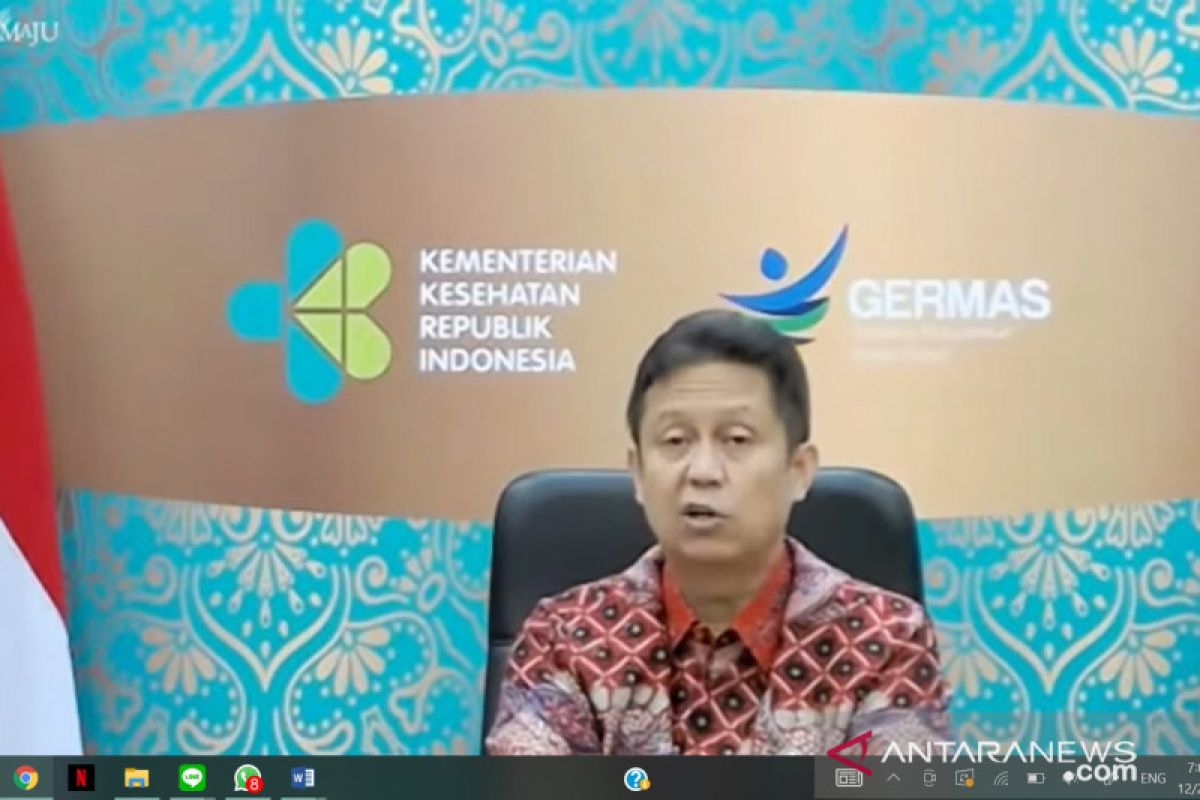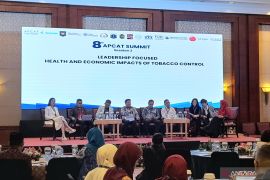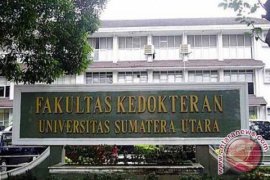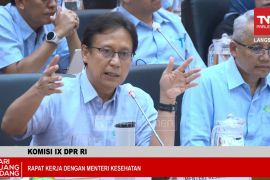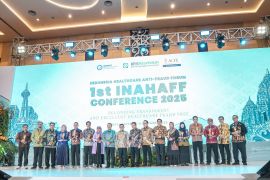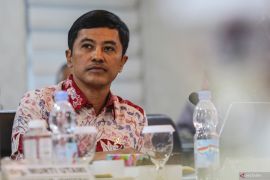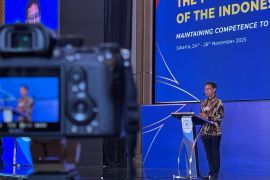"In the past week, there has been a fairly high increase in international travelers at all entry points," he said at an online press conference on public activity restrictions (PPKM) here on Monday.
There has been an increase in the number of travelers at all entrances to the country, such as land, sea, and air, Sadikin noted.
However, after observing the polymerase chain reaction (PCR) tests and the results of genome sequencing tests, it appears that the positivity rate of COVID-19 among people who arrived in the country via land and sea is much higher than those who entered via air, he said.
To strengthen the surveillance and quarantine process at entry points, he said his ministry will seek assistance from the Indonesian Military (TNI) and the National Police (Polri), as well as the Ministry of Home Affairs.
In addition to intensifying whole-genome sequencing (WGS) testing, the ministry is also carrying out the S-gene target failure (SGTF) test, which can detect the COVID-19 virus much faster. However, it cannot detect Omicron one hundred percent, he said.
"It is likely to be able to detect Omicron within four to six hours. Meanwhile, WGS takes three to five days,” the minister revealed.
Earlier, on Thursday, the Ministry of Health had confirmed the detection of the first Omicron case in Indonesia, with a janitor at the Wisma Atlet Emergency Hospital, Jakarta, diagnosed with the virus.
The ministry detected two more cases later, bringing the total Omicron case count as of Friday to three.
Of the two additional patients, once recently returned from South America, while the other returned from England.
Related news: Gov't mulls extending quarantine to 14 days for Indonesian travelers
Related news: Jakarta Health Office intensifies testing amid Omicron threat
Related news: Government implements lockdown in Wisma Atlet to thwart Omicron
Translator: Hreeloita Dharma, Raka Adji
Editor: Sri Haryati
Copyright © ANTARA 2021
